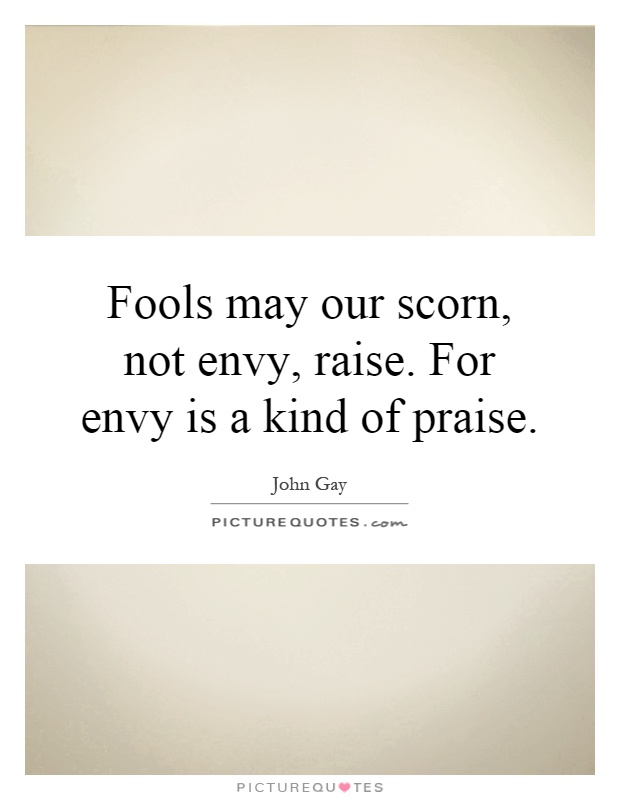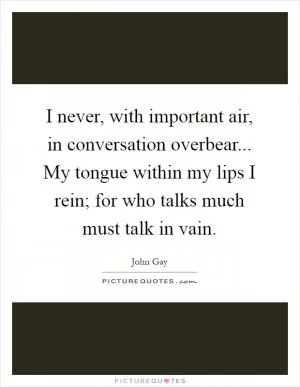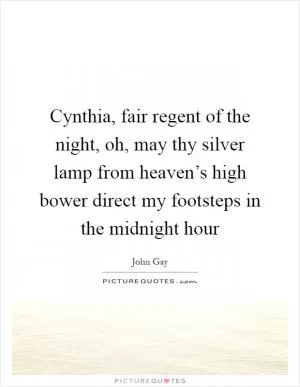Fools may our scorn, not envy, raise. For envy is a kind of praise

Fools may our scorn, not envy, raise. For envy is a kind of praise
John Gay was an English poet and playwright who lived during the 18th century. He is best known for his satirical works, including "The Beggar's Opera," which was a scathing critique of the political and social climate of his time. In his writings, Gay often explored themes of human nature, morality, and the follies of society.One of the most famous quotes attributed to John Gay is, "Fools may our scorn, not envy, raise. For envy is a kind of praise." This quote speaks to the idea that it is better to mock or ridicule those who are foolish or ignorant, rather than envy or resent them. Envy, according to Gay, is a form of admiration or praise, albeit a negative one. When we envy someone, we are acknowledging their success or good fortune, even if we do so begrudgingly.
In the context of John Gay's work, this quote can be seen as a reflection of his satirical approach to social commentary. Gay often used humor and wit to expose the hypocrisies and absurdities of the world around him. By mocking the foolishness of others, he was able to shine a light on the flaws and shortcomings of society as a whole.












 Friendship Quotes
Friendship Quotes Love Quotes
Love Quotes Life Quotes
Life Quotes Funny Quotes
Funny Quotes Motivational Quotes
Motivational Quotes Inspirational Quotes
Inspirational Quotes